Small Changes, Big Results
Have a walnut. Speak your mind. Plan ahead. Tiny but powerful life tweaks that will make you happier, healthier, and—yes!—better.
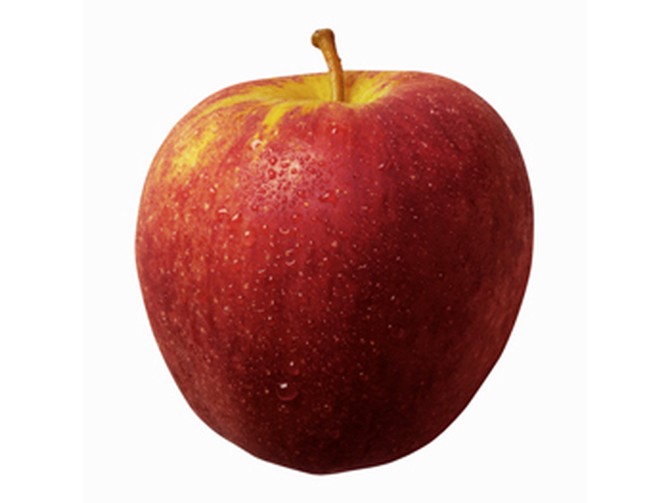
Eat an Apple...
Research from Pennsylvania State University found that people who ate an apple before lunch consumed nearly 190 fewer calories at the meal than those who'd taken in the same number of calories (125) in the form of applesauce, fiber-fortified apple juice, and plain apple juice. "All calories are not created equal," says Mark Hyman, MD, author of Ultrametabolism: The Simple Plan for Automatic Weight Loss. "A whole apple feels like more. It has more fiber and nutrients, and makes you feel full longer." The Penn State volunteers ate their apple about 15 minutes before lunch—and the authors suspect the effects might have been even more dramatic had they eaten the peel (which was removed), thanks to the extra fiber.

Photo: Carlos Alvarez/iStockphoto
Brush Your Teeth with Your Other Hand
Using your nondominant hand to do simple chores can improve your mood and your memory; that's because the action stimulates the production of brain-derived neurotrophic factor (BDNF), a protein that encourages the growth of neurons linked to long-term memory and mood. "When you're depressed or under stress, your brain's production of BDNF plummets," says Moses Chao, PhD, professor of neuroscience and psychiatry at New York University School of Medicine. (One of the lesser-known effects of antidepressants, he says, is to raise the levels of BDNF.) Anything unexpected—smelling rosemary first thing in the morning, for example—can activate BDNF.

Photo: Jill Fromer/iStockphoto
Drink Filtered Coffee
A growing body of evidence is linking unfiltered coffee to higher levels of both LDL and total cholesterol. The reason, scientists suspect, has to do with terpenes—compounds found in the oil from coffee beans. Unfiltered coffees such as those made in an espresso machine or with a French press or a percolator have more terpenes, which interfere with cholesterol metabolism. "Filters catch surface oils," says Nancy Snyderman, MD, chief medical editor at NBC News and author of Medical Myths That Can Kill You: And the 101 Truths That Will Save, Extend, and Improve Your Life. "I learned the hard way that gold filters do very little. Paper filters are far more effective."

Photo: Andr/iStockphoto
Power Up Your Walk
If you've been anywhere near a gym lately, you've probably heard the word "core". Targeting the abs and back, core work develops supple muscles and decreases the risk of injuries. It also improves athletic performance and eases lower back pain, according to a 2008 review from the University of Colorado School of Medicine. You can easily slip in a little core conditioning while you're walking, says Michelle Demus, program director at New York's Pure Yoga studio. Take a deep inhalation, then, with a strong exhalation, pull in your navel toward your spine; hold for a count of five, and release. Do this 10 times while you're walking, take a short rest, and do two more sets. Another way to add core conditioning to your walk is to throw in a few lunges: Keeping the spine long and abdominals engaged, step about 3 feet forward with the right foot—the knee must stay directly above the ankle—and draw the left foot up, so you're balancing on the right leg for a moment. Repeat with the other foot.
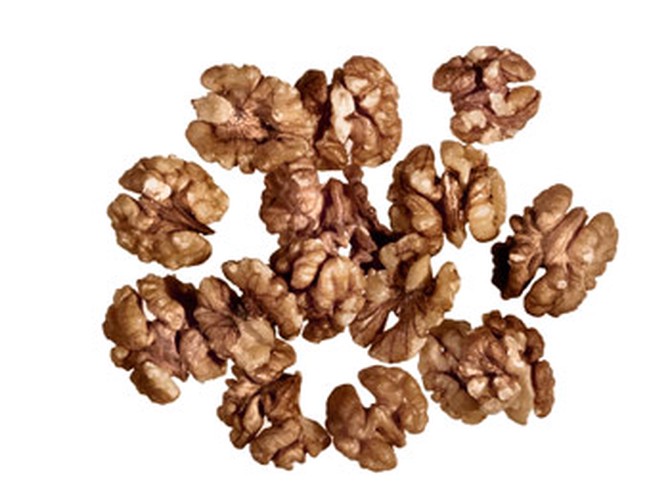
Photo: Ben Goldstein/Studio D
Have a Few Walnuts
If you're dragging, consider an unusual suspect: your liver. Thanks to the fatty, carb-heavy American diet, millions of adults are "increasing their odds of liver inflammation and putting themselves on the path toward cirrhosis—and they might never have touched a drink," says Jan Garavaglia, MD, host of the Discovery Health Channel's Dr. G: Medical Examiner and author of How Not to Die: Surprising Lessons on Living Longer, Safer, and Healthier from America's Favorite Medical Examiner. Fatigue and malaise are early symptoms of nonalcoholic fatty liver disease; to help prevent or reverse it, try eating an ounce of walnuts daily; they contain liver-healthy omega-3s. In general, try to replace junk food with fruit, vegetables, fish, and whole grains.

Photo: Olaf Loose/iStockphoto
Pick Your Beat
Tempo can be a powerful motivator, according to Costas Karageorghis, PhD, associate professor of sport psychology at Brunel University in England, who studies how music affects people. Recently he reported in the International Journal of Sports Medicine that when musical beats per minute (bpm) roughly correspond to a person's heart rate during exercise, motivation dramatically improves. Costas suggests experimenting with music of different tempos to see what coaxes you into a more positive frame of mind. To get you started, he's created playlists for different activities with bpm guidelines. (You can determine a song's beats per minute by Googling the title with "bpm," or try a site like EZ-Tracks.com.)
Meditation and yoga (50 to 76 bpm): "Albatross," Fleetwood Mac (66 bpm); "Evenstar," London Philharmonic (50 bpm); "Terrapin," Bonobo (76 bpm).
Walking (95 to 120 bpm): "Let's Get It Started," Black Eyed Peas (105 bpm); "Pon De Replay," Rihanna (100 bpm); "This Is How We Do It," Montell Jordan (104 bpm).
Running; elliptical machine (125 to 160 bpm): "Push It," Salt-N-Pepa (124 bpm); "Put Your Hands Up for Detroit," Fedde Le Grand (129 bpm); "Run to You," Bryan Adams (135 bpm).
Meditation and yoga (50 to 76 bpm): "Albatross," Fleetwood Mac (66 bpm); "Evenstar," London Philharmonic (50 bpm); "Terrapin," Bonobo (76 bpm).
Walking (95 to 120 bpm): "Let's Get It Started," Black Eyed Peas (105 bpm); "Pon De Replay," Rihanna (100 bpm); "This Is How We Do It," Montell Jordan (104 bpm).
Running; elliptical machine (125 to 160 bpm): "Push It," Salt-N-Pepa (124 bpm); "Put Your Hands Up for Detroit," Fedde Le Grand (129 bpm); "Run to You," Bryan Adams (135 bpm).

Photo: Murat Giray Kaya/iStockphoto
Time Major Decisions
During the week before ovulation, both estrogen and testosterone increase in order to help prepare the egg," says Rebecca Booth, MD, author of The Venus Week: Discover the Powerful Secret of Your Cycle...at Any Age. "Estrogen is going to make you more creative and emotional, while testosterone will raise your assertiveness and your self-confidence." So the week and a half after your period is the ideal time to work on projects that require insight and out-of-the-box thinking, or to tackle something you need courage for, like asking for a promotion. However, she cautions against making relationship decisions during this time. "The estrogen will make you sappy, and the testosterone can make you rash," says Booth. "So if you feel like doing something big and sweeping, give yourself a few days to think it over."

Photo: iStockphoto
When You Learn Something, Say It Out Loud
The more actively you engage your brain in the process of learning, the more likely you are to retain knowledge, says Janet Sherman, PhD, assistant professor of psychology at Harvard Medical School. In fact, researchers have found that repeating information—the name of a person, a phone number, anything you're trying to absorb—in different ways increases retention. You might try phrases like "So you're saying..." as an opportunity to go over the fresh information and build on it. Or when you hear a story, tell it to someone new; just thinking about it in a different situation will help your mind store the details.
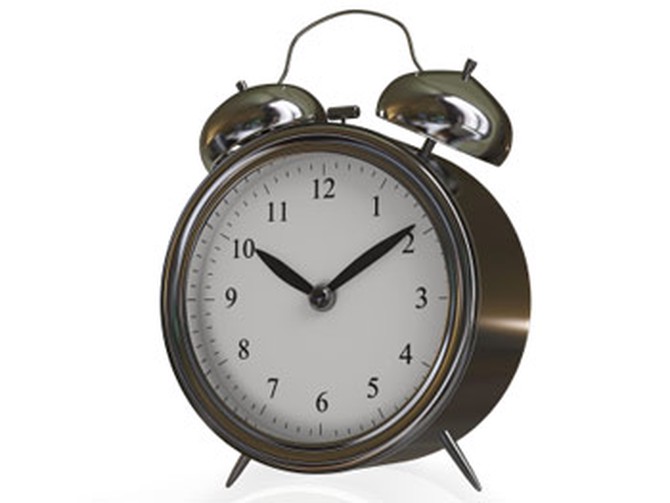
Photo: iStockphoto
Wake Up with a Plan
If you overuse the snooze button, try this: When the alarm goes off, get out of bed and into the shower. And while you're there, try to remember yesterday's headlines. The one-two punch of physical and mental activity will activate your brain, says Zac Unger, author of Working Fire: The Making of a Fireman. (This Ivy Leaguer learned a lot about waking up quickly when he started fighting fires.) He also suggests that rather than dwell on how awful you're feeling, you make a goal you want to achieve before lunch.

Illustration: Olivia Barr
Practice the Phrase "I Forgive You"
It's easier said than done, but after an argument, try thinking about forgiveness. "Choosing to forgive helps us see a situation through understanding and compassion," says Eileen Borris, director of training at the Institute for Multi-Track Diplomacy and author of Finding Forgiveness: A 7-Step Program for Letting Go of Anger and Bitterness. "By making a problem yours to forgive, regardless of the behavior of the other person, you're giving yourself a profound degree of control."
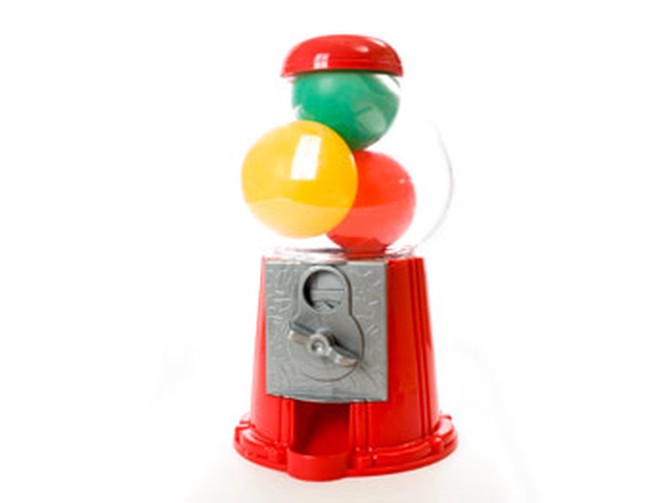
Photo: Pamela Moore/iStockphoto
Chew Gum
The jury is still out on whether gum stimulates the appetite, but it seems to improve the thinking process. Researchers reported in the journal Neuroscience Letters that chewing gum activates areas of the brain that improve both concentration and memory.
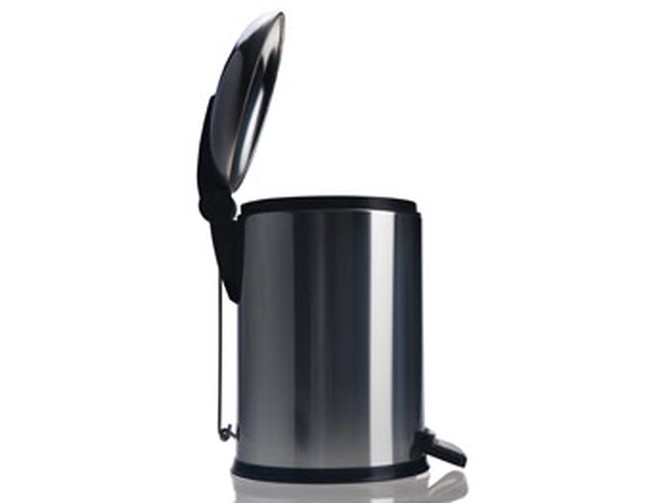
Photo: Ramona Heim/iStockphoto
Purge Toxic Possessions
Dwelling on regrets and negative memories fuels depression, which is why clearing out the tangible reminders can give you a lift, says Peter Walsh, the organizer on TLC's Clean Sweep and author of Does This Clutter Make My Butt Look Fat?: An Easy Plan for Losing Weight and Living More. For example, if a certain dress played a critical part in a former relationship, get rid of it, no matter how beautiful it may be; each time you look at it, you're emotionally drawn back to that time. Likewise the year's worth of old New Yorker magazines you'll never have time to read, the photo of a friend who incessantly puts you down—toss!
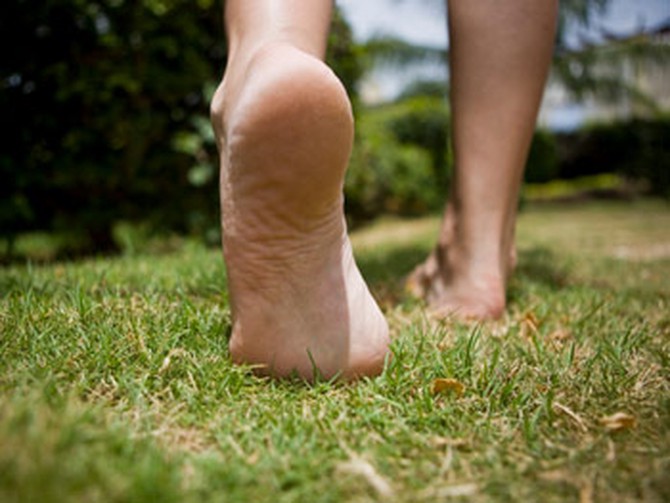
Photo: iStockphoto
Stand on the Balls of Your Feet
Simply shifting your weight to the balls of your feet will help you feel more grounded—whether you're having a tough conversation with a spouse or giving a presentation at work or a speech in front of an audience. Other tricks of the trade, according to Bill McGowan, CEO of the Clarity Media Group in New York City: "Pause to collect yourself before you start speaking. The wait will actually make you seem more sure of yourself," he says. Keep your pace even as you build to your point. And maintain eye contact. If that feels uncomfortable, look at an earring or a sideburn—the effect will be the same.
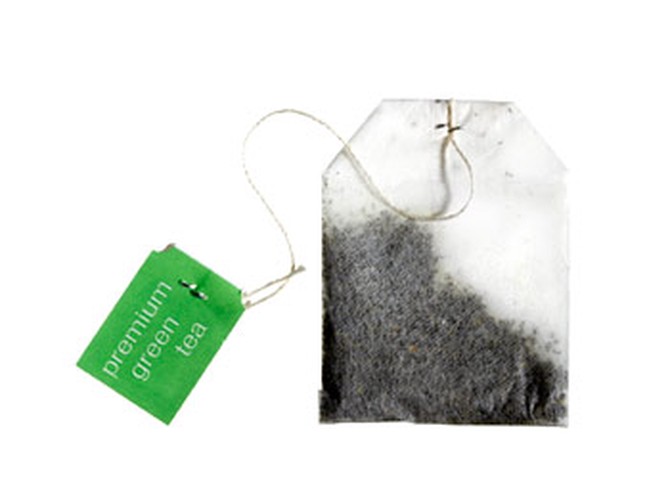
Photo: Ben Goldstein/Studio D
Add Umami to Your Diet
Most kids can reel off the four basic flavors: sweet, sour, salty, and bitter. But in 2000, a receptor for a fifth taste was identified: umami, which is loosely defined as a savory, meaty flavor derived from the amino acid glutamate. Umami is present in meat, fish, cheese, soy sauce, mushrooms, tomatoes, and green tea. And research is showing that eating nonfattening—yet hearty-tasting—umami-flavored foods can trick your body into feeling full. The journal Physiology & Behavior reported this year that male rats that drank umami-flavored water ate less and gained less weight than those that were fed the same amount but without umami flavoring.

Photo: Marisa Allegra Williams/iStockphoto
Take 10 minutes for Daydreaming
Science is now supporting what many brilliant people already do: When you're stumped on a problem, the best way to solve it is to let your mind wander. "The right hemisphere—the sensory part of the brain that's activated when you daydream—has more and wider-reaching branches, so it has the power to make the less obvious associations," says Mark Jung-Beeman, PhD, a neuroscientist at Northwestern University. One effective way to daydream, according to Jung-Beeman, is to go somewhere with as little outside stimuli as possible and think pleasant thoughts. Even if you don't solve the problem, you'll be calmer and more clearheaded.
Sara Reistad-Long is a writer living in New York. She has written for Esquire and The New York Times.
Sara Reistad-Long is a writer living in New York. She has written for Esquire and The New York Times.
From the November 2008 issue of O, The Oprah Magazine

